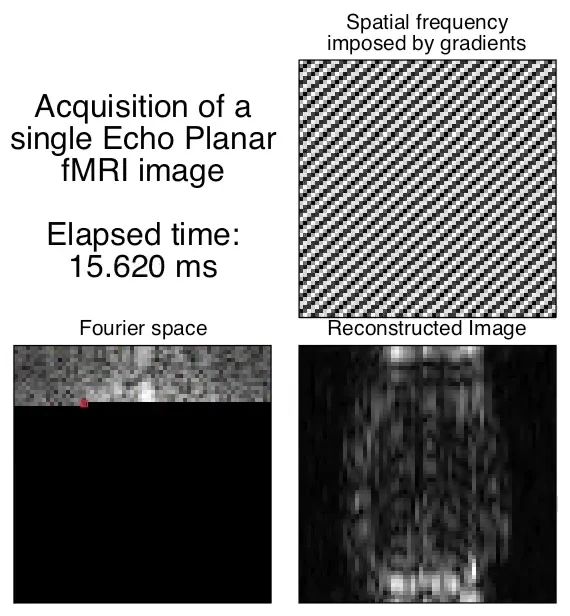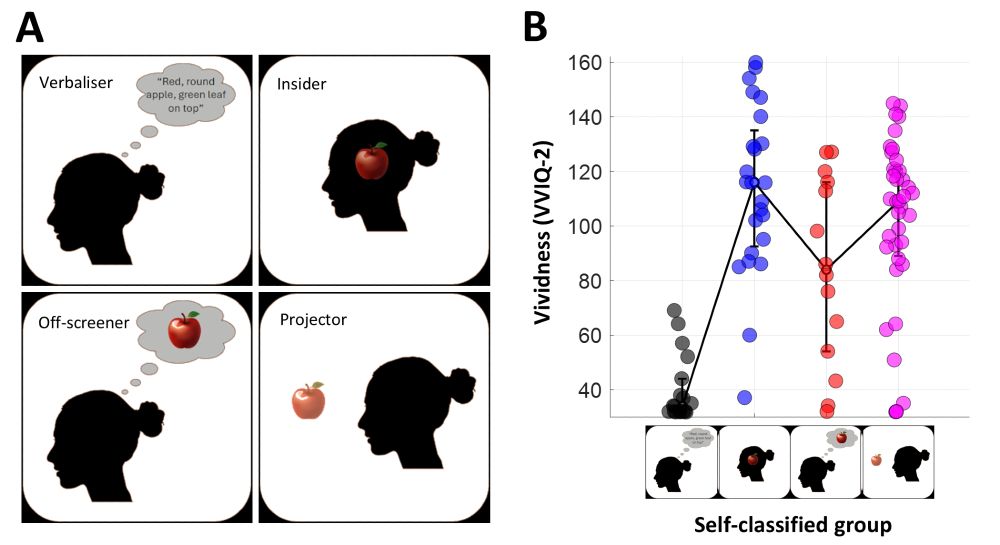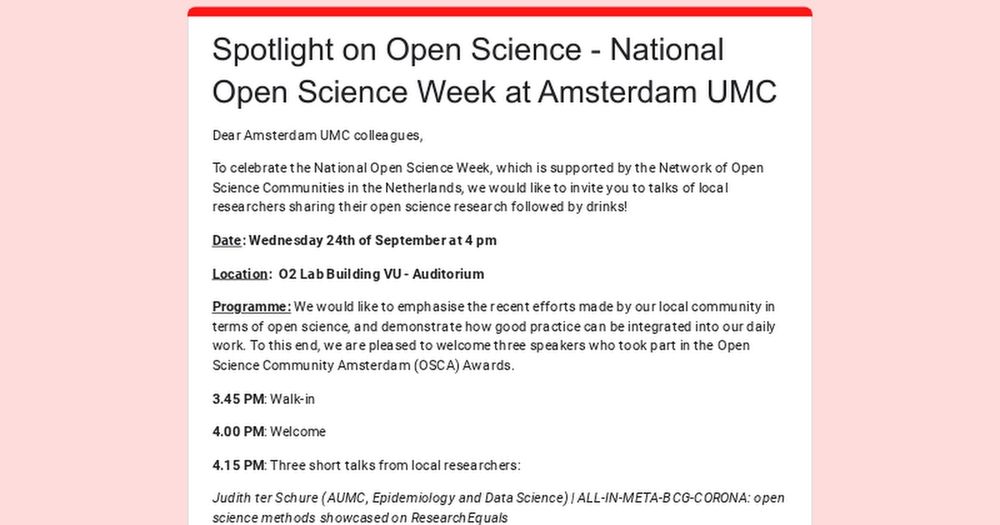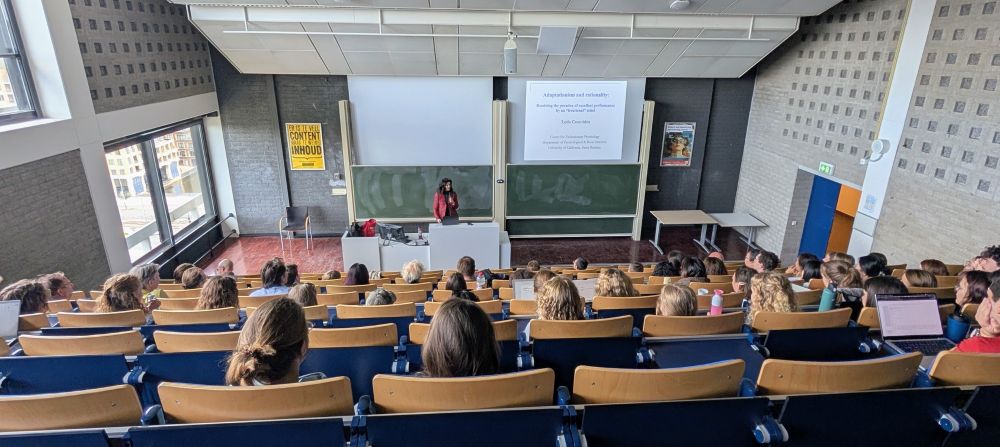Matthias Nau
@matthiasnau.bsky.social
5.7K followers
590 following
220 posts
Cognitive Neuroscientist | Assistant Prof at VU Amsterdam | Active vision, memory, imagery | Multi-task studies, fMRI, eye tracking | https://matthiasnau.com
Posts
Media
Videos
Starter Packs
Reposted by Matthias Nau
Reposted by Matthias Nau
Reposted by Matthias Nau
Reposted by Matthias Nau
Reposted by Matthias Nau
Reposted by Matthias Nau
Reposted by Matthias Nau


















